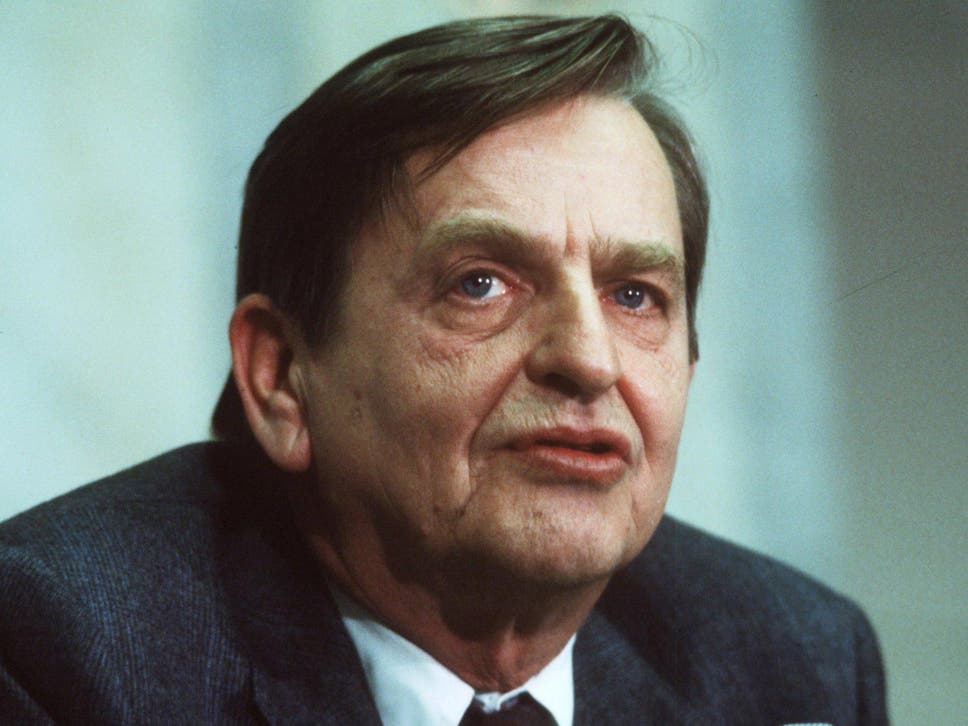The answer to the mystery of who shot Swedish prime minister Olof Palme is unlikely to be answered definitively after a 34-year investigation into the case was dropped.
The case’s chief prosecutor, Krister Petersson, said the case was being closed because the main suspect Stig Engstrom had died in 2000.
Palme was killed in central Stockholm in 1986 after he visited the cinema with his wife Lisbet Palme and son.
Mr Petersson said Engstrom, also known as “Skandia-man” for working in the nearby Skandia insurance company, had a strong dislike of Palme and his policies.
He was one of the first at the murder scene and was briefly considered a possible suspect, according to Independent.
“Since he has died, I cannot indict him,” Mr Petersson told a news conference.
Several other witnesses gave descriptions of the fleeing killer that matched Engstrom, while others said he wasn’t even at the scene.
Engstrom himself claimed to have been present from the beginning, spoke to Ms Palme and police, and attempted to resuscitate the victim.
Soon after the murder, Engstrom appeared in Swedish media and developed an increasingly detailed story of his involvement in the events and criticised the police.
He claimed those witnesses who had described the killer had in fact been describing him, running to catch up with police officers in pursuit of the assassin.
The police then labelled Engstrom as an unreliable and inconsistent witness and classified him as a person of no interest.
Engstrom’s former wife told the daily Aftonbladet in 2018 she was convinced he was not the killer.
Palme’s murder, at the age of 59, led to Sweden‘s largest-ever manhunt and a swathe of conspiracy theories, ranging from the CIA and Kurdish separatists to the South African security services – none of which has been proven true.
The police were widely accused of bungling the initial investigation.
A petty criminal was found guilty in 1989 of Palme’s murder but was freed on appeal and died in 2004.
The failure to solve the case has long caused unease in a nation that prides itself on its openness and tolerance.
Palme was Social Democrat prime minister between 1969 and 1976 and between 1982 and 1986.
Some celebrate him as the architect of modern Sweden, though conservatives hated his anti-colonial views and criticism of the United States.




